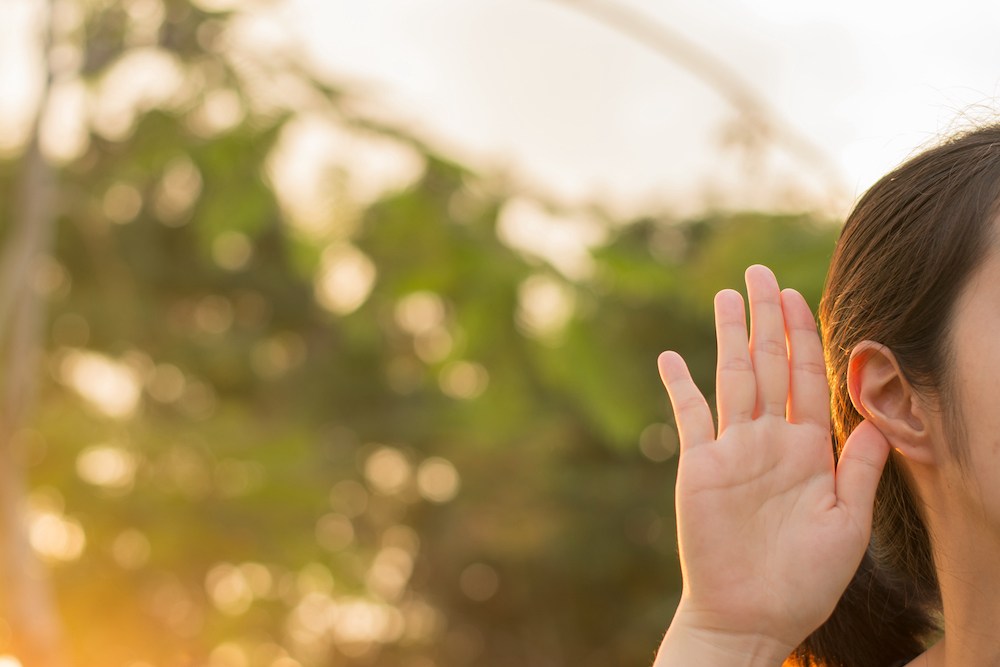Repair Strategies for Hearing Aids
It’s not uncommon for individuals to experience varying problems with a


It’s not uncommon for individuals to experience varying problems with a

Hearing aids are essential for improving your hearing. However, no two

Many individuals know the importance of being able to take in the world